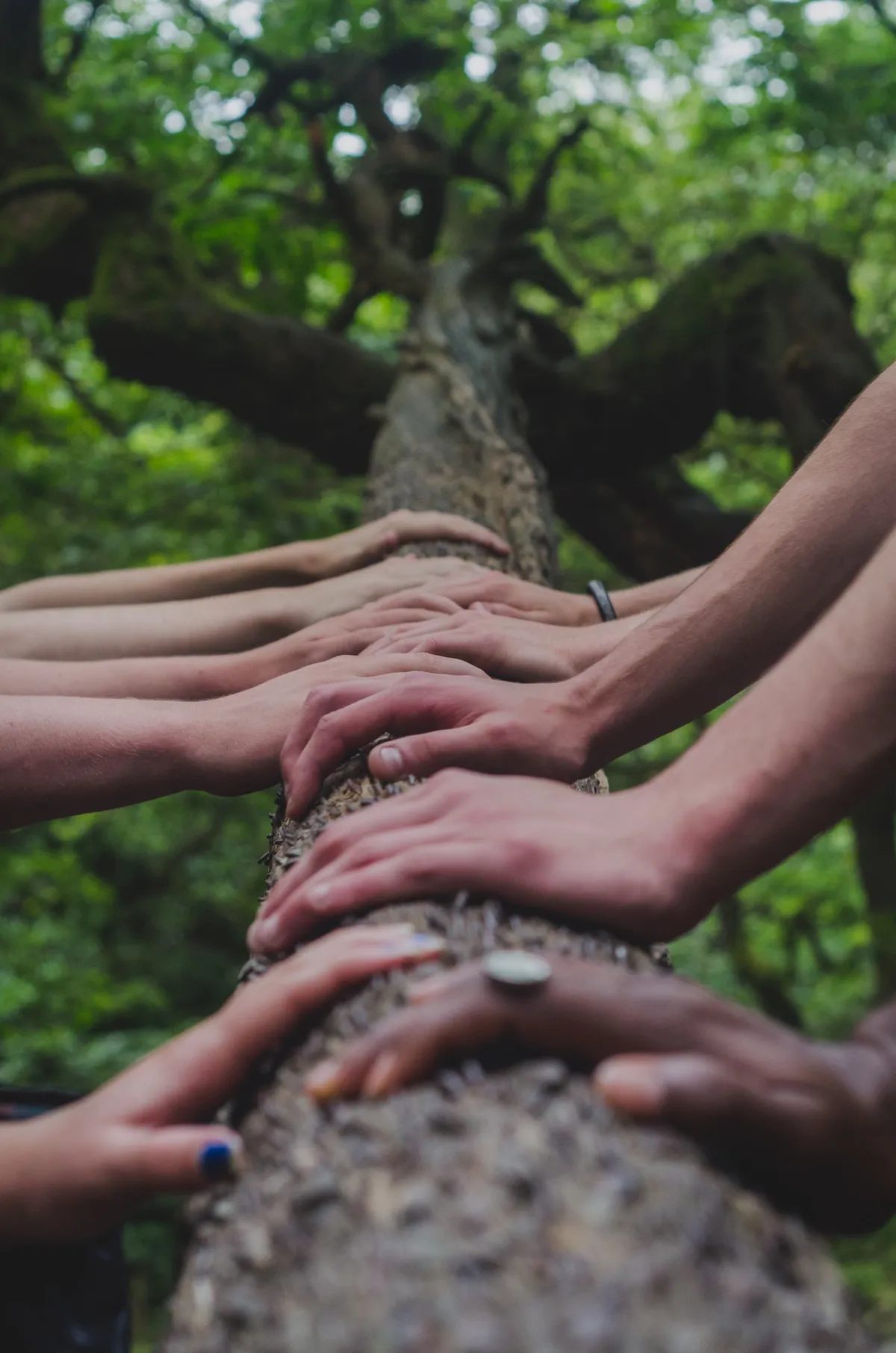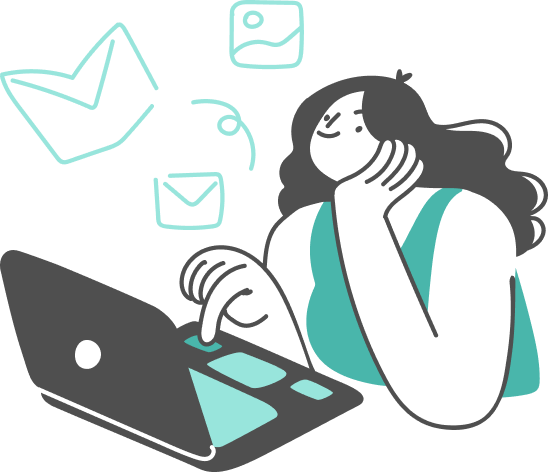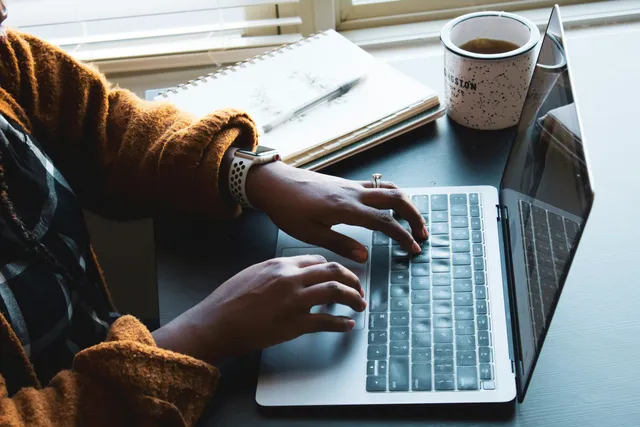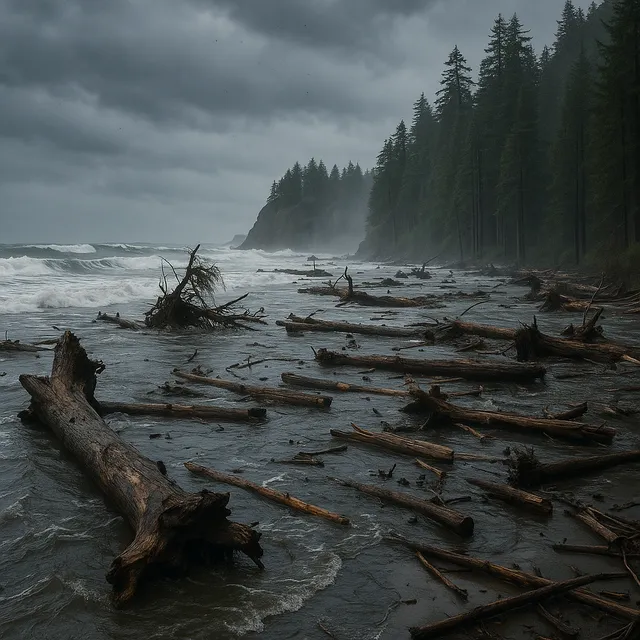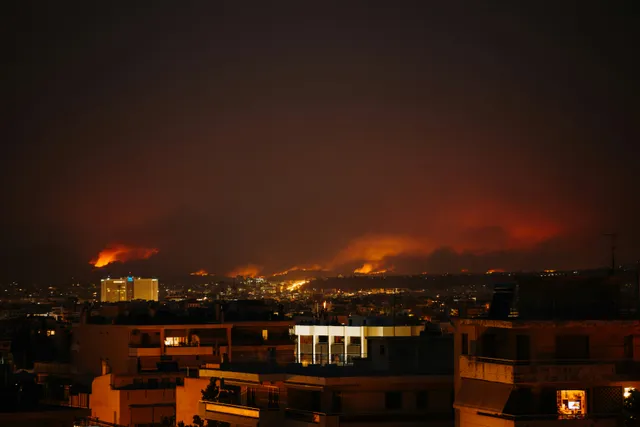Daniel Aldrich, an award winning author and Professor at Northeastern University, has written extensively on the critical role of social ties within and outside a community to help with disaster survival, evacuation, rebuilding and mental health. When he had to evacuate from New Orleans during Hurricane Katrina in 2005, he learnt first hand how people get through and get back on their feet following major catastrophes. He has dedicated his career to studying causes of disaster resilience. He spoke with us recently. Here are edited excerpts from our conversation.
Where do you live now and how big is your family?
I live in zip code 02135, which is Brighton, Massachusetts, just next to downtown Boston. And we have six people at home. I would say two adults and four children, but my oldest child is now 21. My youngest is 13. So they would disagree and might say six adults. But I still see us as two adults, my wife and I, and our four kids.
What kind of disasters have you faced in your lifetime?
It is a pretty long list actually. A mixture of both manmade and natural hazards.
- A plane hijacking in Japan in 1991.
- When living in Japan, we experienced some pretty major earthquakes - in the high fives. The kind of earthquake where the entire building sways back and forth and you're terrified.
- Hurricane Katrina in 2005 where we had to flee from our home.
- A major fire where a house burned down right behind my home two years ago.
- Various members of my family got pretty sick with COVID.
What are the things that you and your family do for disaster preparedness that are directly informed by your research and your practice?
Yes, so when we first moved here to Boston, which is about now six years ago, we knew we wanted to build a strong resilient community, at least on our block as a starting place.
So the first thing we did was to make sure we had our neighbor's first and last names, and at least a mobile phone number. That sounds silly, but I realized from my previous experience that I might know someone's first name from a casual conversation. Or alternatively, I have a first and last name but no way of contacting them. So what we try to do is explain we're not some strange weirdos, we really want to get to know you. And you know, if we have an emergency or you have an emergency, we can help each other.
I will give you an example. My wife dislocated her shoulder and we had two neighbors, both nurses, who heard her cry in pain and came rushing in to help her. Another person passed out in their home and was unconscious on the ground for several hours and no one knew about that. So the neighbors broke into his house and were able to get help. Our neighborhood is able to coordinate with each other. So information about neighbors was the first way that we tried to get ready for disaster.
The second thing we do is to regularly interact with the neighbors to build trust. I'm definitely an introvert by nature. I'd much rather be in my room reading rather than go out knocking on doors or going to events. But we make a proactive effort. Build those regular interactions. Offer help. For example, for the elderly neighbors, if they need help taking their trash out. Or deliver food and groceries and medical supplies for them. Or we ask a neighbor if they need help taking care of their cat when they are traveling or plants that need to be watered or to collect their mail. Or if a neighbor is sick, then offer help with medicines and other deliveries. Offer a room to the neighbor if their basement is flooded.
So we try to have our neighbors see my family as an asset to them. These kinds of things really, I think, help build resilience for my family and my neighborhood.
What have you found in your research work that leads you to do these disaster preparedness actions with your family?
We missed cues from our neighbors to evacuate before Hurricane Katrina until it was almost too late. So that was a big start. After we evacuated from New Orleans and went to Houston the help that we got didn't come from either the private sector - from insurance that we thought we had. It wasn't yet fully activated from the government. We didn't really get help from FEMA for about eight months after we evacuated. So in that intervening space, when there wasn't insurance money, there wasn't FEMA help, the people that helped us were friends of friends, not just people that we knew people that we'd built connections with but people that we didn't know that well, but heard about us from a cousin or a friend of a friend that we needed help.
From these personal experiences, I began to build this thought, that may be other people deal with shock in the same way we did. So I spent time in India and Japan to do field work and researched historical disasters to identify the role of networks and resources available to people who experienced disasters. And what I found in our research, and this is pretty consistent across countries and time, was that
- People and communities with stronger ties to each other, to the neighbors, to people nearby, and to the decision makers - to people who can decide right who gets government aid, food, shelter, whose electricity is turned back on, etc. consistently recover and rebuild after disasters.
- Intensity of the disaster, strong protective infrastructure, having a lot of money, and demographics (older folks at higher risk) did not correlate with recovery and rebuilding after a disaster.
So for my family, building strong social ties with my neighbors is the most important disaster preparedness plan I practice!
